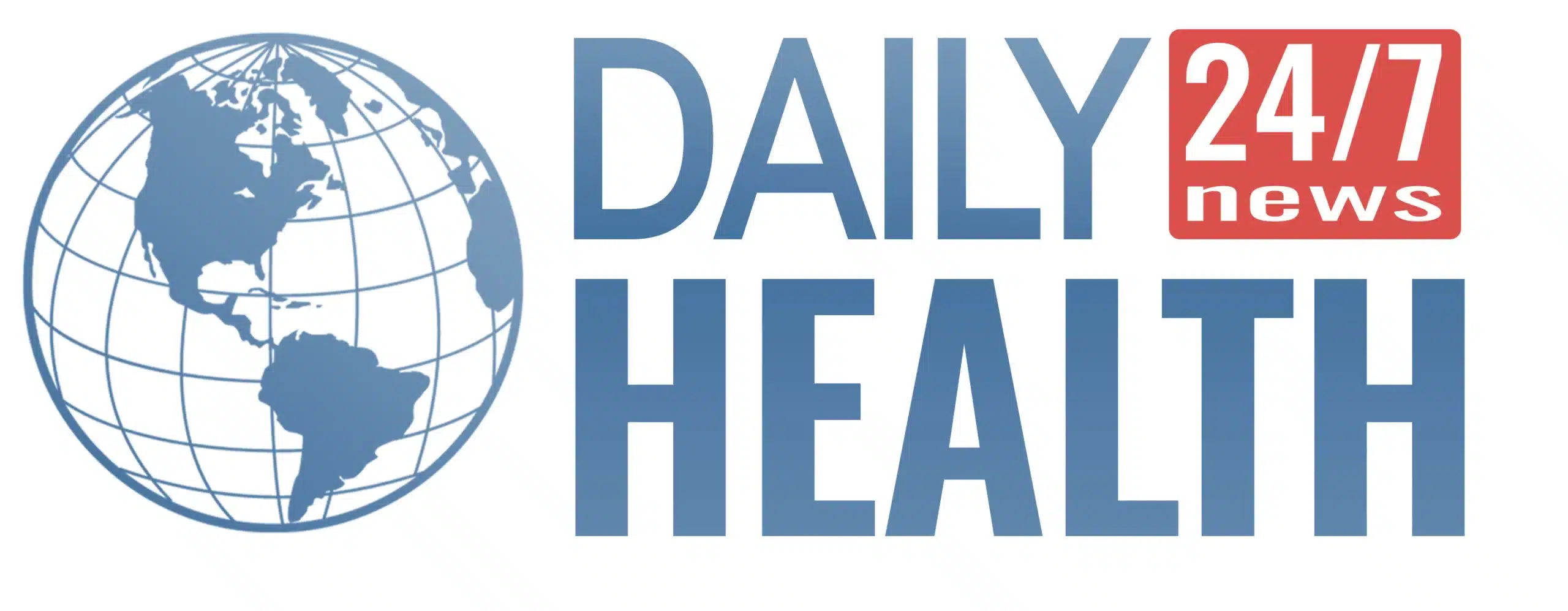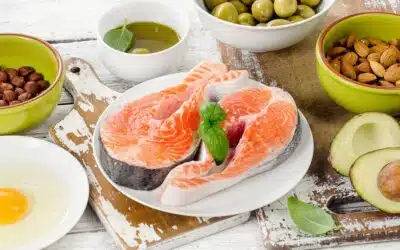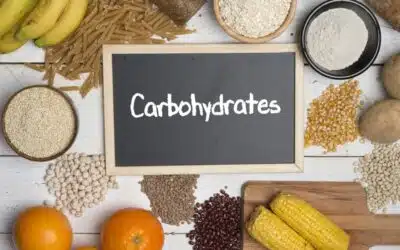In the journey to fitness and optimal health, one of the most crucial yet often overlooked components is nutrition. However, when it comes to dietary choices, the adage ‘one size fits all’ simply does not apply. This is where personalized nutrition for fitness comes into play – an approach that tailors your diet to meet your unique physiological needs, fitness goals, and lifestyle preferences.
Personalized nutrition moves away from generic diet plans and instead focuses on individual differences in genetics, body type, lifestyle, and specific fitness goals, whether it’s weight loss, muscle building, endurance training, or overall wellness. Understanding that each person’s body responds differently to various foods and nutrients is key to developing a diet plan that not only enhances athletic performance but also supports long-term health and well-being.
In this article, we will explore how to assess your individual nutritional needs, balance macronutrients, ensure adequate micronutrient intake, and consider the role of supplements. Our goal is to provide you with the knowledge to craft a diet that aligns perfectly with your fitness journey, helping you to achieve your goals more effectively and sustainably.
Assessing Your Individual Nutritional Needs
Personalized nutrition starts with a thorough assessment of your individual needs, which vary greatly based on several key factors:
Activity Level: Your daily activity level, including both workout intensity and general lifestyle activity, significantly influences your nutritional requirements, particularly your caloric and macronutrient needs.
Fitness Goals: Whether your goal is weight loss, muscle gain, improved endurance, or overall health, each objective requires a different nutritional approach. For instance, muscle building necessitates a higher protein intake.
Age and Gender: Nutritional needs vary with age and gender due to differences in metabolism, hormonal balance, and body composition.
Health Conditions: Existing health conditions, such as diabetes or heart disease, require specific dietary considerations to manage the condition effectively.
Body Composition: Your body composition, including muscle mass and fat percentage, can also guide nutritional decisions to optimize fitness results.
Food Preferences and Allergies: Personal food preferences, intolerances, and allergies play a crucial role in shaping a sustainable and enjoyable diet plan.
Considering these factors, possibly with the guidance of a nutritionist or dietitian, can help tailor a diet plan that not only supports your fitness goals but also aligns with your overall health and lifestyle.

Macronutrients: Balancing Proteins, Carbs, and Fats
The balance of macronutrients – proteins, carbohydrates, and fats – in your diet is crucial and should be tailored to your specific fitness goals:
For Weight Loss: Focus on a higher protein intake to promote satiety and muscle maintenance, alongside a moderate reduction in carbs and fats. This balance helps create a calorie deficit while ensuring you still get essential nutrients.
For Muscle Gain: Increase your protein intake to support muscle repair and growth. Carbohydrates are also important for energy and recovery, especially post-workout. Healthy fats should be included for overall nutrition.
For Endurance Training: Carbohydrates are the main fuel source for endurance activities. While protein is still important for recovery, a higher proportion of your diet should come from carbs, with fats providing sustained energy.
Balanced Diet for General Fitness: A well-rounded diet with a balanced mix of proteins, carbs, and fats is key for overall health and wellness. This includes a variety of nutrient-dense foods to meet your body’s needs.
Each fitness goal requires a unique approach to macronutrient balance. It’s important to adjust these ratios based on your body’s response and changes in your fitness routine.
Micronutrients and Hydration: The Often Overlooked Essentials
While macronutrients often get the spotlight in fitness nutrition, micronutrients and hydration play equally vital roles:
Micronutrients – Vitamins and Minerals: Essential for overall health, vitamins and minerals support various bodily functions, including immune response, energy production, and muscle recovery. A diet rich in fruits, vegetables, lean proteins, whole grains, and dairy (or dairy alternatives) can ensure adequate intake of these nutrients.
Importance of Hydration: Adequate hydration is crucial for athletic performance and recovery. Water regulates body temperature, lubricates joints, and helps transport nutrients for energy. Regular intake of fluids throughout the day, especially before, during, and after exercise, is key.
Electrolyte Balance: For those engaging in long-duration or high-intensity workouts, maintaining electrolyte balance is important. Electrolytes like sodium, potassium, and magnesium help regulate hydration levels and muscle function.
Iron and Calcium: Essential minerals like iron, which aids in oxygen transport, and calcium, crucial for bone health, are particularly important for athletes. Ensuring adequate intake can support endurance, strength, and overall health.
Vitamin D and Omega-3 Fatty Acids: These nutrients are essential for athletes. Vitamin D is vital for bone health and immune function, while omega-3 fatty acids help reduce inflammation and support heart health.
By paying attention to both micronutrients and hydration, you can significantly enhance your fitness performance and overall well-being.
Supplementation for Enhanced Performance
Incorporating supplements into your fitness regime can be an effective way to enhance performance and meet nutritional gaps, but it’s important to use them wisely:
Protein Powders: Useful for meeting high protein requirements, especially post-workout for muscle repair and growth. Whey, casein, and plant-based proteins are popular choices.
Vitamins and Minerals: Supplements like multivitamins can be beneficial if your diet lacks certain nutrients. Vitamins D and B12, iron, and calcium are commonly supplemented.
Omega-3 Fatty Acids: Found in fish oil capsules, these supplements can aid in reducing inflammation and supporting heart health, which is beneficial for athletes.
Electrolyte Tablets: Essential for athletes engaged in prolonged or intense exercise, these help maintain hydration and electrolyte balance.
Creatine: Known to improve strength, increase lean muscle mass, and help muscles recover more quickly during exercise.
BCAAs (Branched-Chain Amino Acids): These can promote muscle growth and enhance exercise performance, as well as reduce muscle soreness post-exercise.
Remember, supplements should complement, not replace, a balanced diet. It’s always a good idea to consult with a healthcare provider or a nutritionist before starting any supplement regimen, especially to ensure it aligns with your specific fitness goals and dietary needs.

Monitoring and Adjusting Your Diet Over Time
To achieve and maintain your fitness goals, it’s essential to regularly monitor and adjust your diet:
Keep a Food Diary: Tracking what you eat can help you understand your eating habits, monitor your intake of various nutrients, and identify areas for improvement.
Use Fitness Apps: Many apps can track your dietary intake alongside your physical activity, offering a comprehensive view of your fitness progress.
Regularly Assess Your Goals: As your fitness level changes, so too will your nutritional needs. Regularly assess your goals and adjust your diet accordingly.
Listen to Your Body: Pay attention to how your body responds to changes in your diet. Adjustments may be needed if you experience changes in energy levels, mood, or physical performance.
Seek Professional Advice: Regular check-ins with a nutritionist or dietitian can provide valuable insights and help tailor your diet to your evolving fitness needs.
Balance is Key: While focusing on specific goals, ensure your diet remains balanced and provides all the necessary nutrients for overall health.
Remember, nutrition is not static. It’s a dynamic part of your fitness journey that requires ongoing attention and adjustment.
Following a Fitness Meal Plan is a blueprint for achieving fitness goals. By carefully selecting a balance of proteins, carbohydrates, and healthy fats, along with plenty of fruits and vegetables, having a structured approach supports muscle growth, energy levels, and post-workout recovery, which is very important for active people.
Conclusion
As we conclude our exploration of “Personalized Nutrition for Fitness: Tailoring Your Diet to Match Your Individual Needs and Goals,” it’s clear that nutrition is not a one-size-fits-all matter. The journey to optimal fitness is deeply personal, with each individual requiring a unique dietary approach that aligns with their specific goals, lifestyle, and body needs.
This guide has illuminated the importance of understanding your own body, monitoring your progress, and being adaptable in your nutritional choices. By embracing the concept of personalized nutrition, you can effectively fuel your body for both exercise and everyday life, ensuring that your diet complements your fitness regime and overall health objectives.
Remember, the path to fitness and wellness is an ongoing journey. It involves continually learning about your body’s needs, experimenting with different foods and supplements, and adjusting your diet as your fitness level and goals evolve. With the right approach to nutrition, combined with dedication and hard work, achieving your fitness goals becomes a more attainable and rewarding journey.












